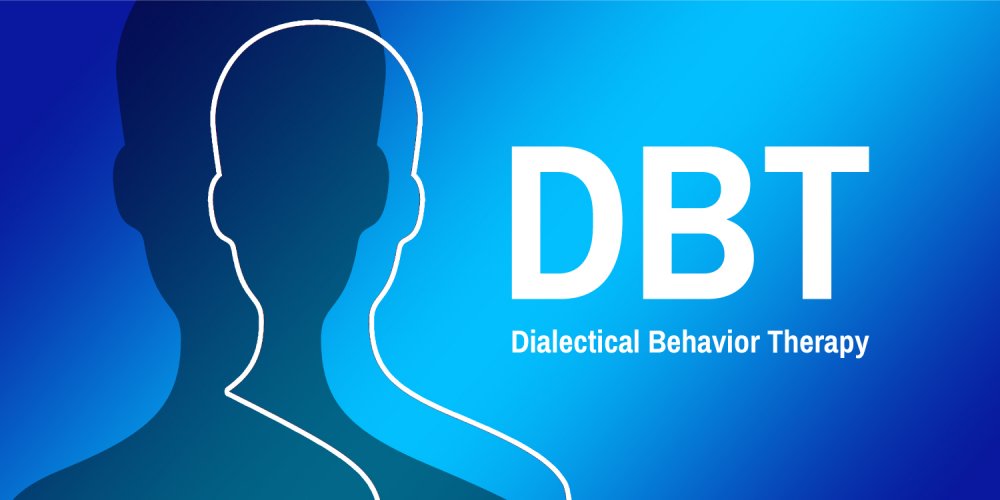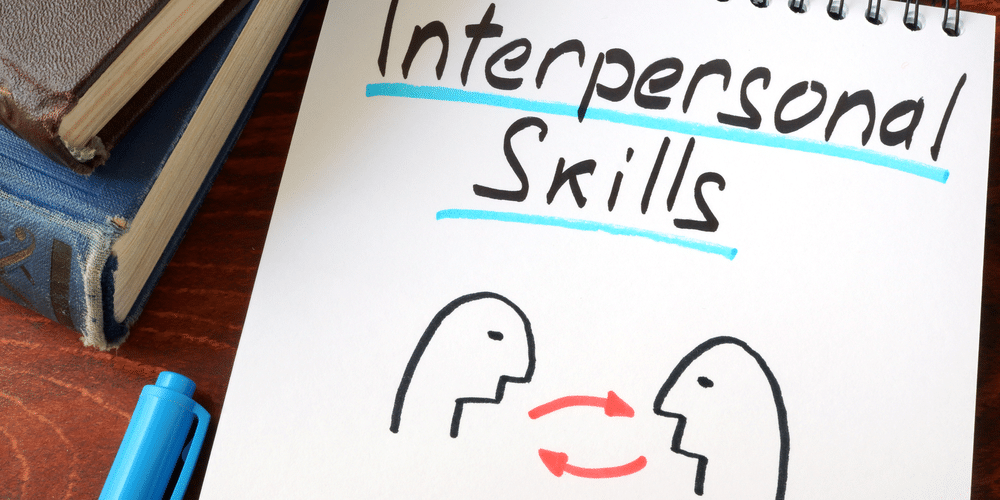Dialectical Behavior Therapy or DBT is derived from CBT (Cognitive Behavioral Therapy).

DBT family therapy works well for helping patients deal with negative emotions that lead to serious problems like family conflicts.
Likewise, dialectical behavior therapy for suicidal patients often proves to be a crucial intervention – it can be the difference between life and death for patients vulnerable to self-harm and suicide.
At this point, you will certainly be thinking about how these therapies work.
The short answer is that DBT is based on 6 key principles that adequately address and resolve problems faced by such patients.
Here are the 6 key points of DBT and why they are so effective for therapy.
Mindfulness

Dialectical Behavior Therapy or DBT aims to instill mindfulness in clients so that they live in the present instead of regretting the past or fretting over the future. Stressing too much over the past or future often leads to destructive and harmful behaviors.
When you are consciously present and truly mindful, you pay greater attention to your mental state, thought patterns, and mood. This way, you are well-poised to cope with negative emotions like stress, anxiety, and depression.
Hence, courtesy of mindfulness, dialectical behavior therapy for suicidal patients can be effective in controlling negative emotions that often lead to self-harm.
Mindfulness also empowers you to enhance your relationship with those around you so that you are generally on good terms with them. This is a major reason why DBT family therapy is the solution for resolving turbulent relationships at home.
Not just that, DBT is an effective intervention for dealing with destructive behaviors (like binge eating and addictions) and PTSD (post-traumatic stress disorder). DBT works well for these scenarios since it teaches you how to regulate your emotions. Remember, the inability to control emotions is at the root of these problems.
Since mindfulness is the key to controlling emotions, this key life skill is prioritized in DBT sessions. It is one of the first skills that clients learn.
A key part of mindfulness is acceptance. That is, you learn to accept the negative emotion and then find ways to deal with it. You are also taught to focus on the positives no matter how distressing the situation is. This matters since looking only at the dark side often leads to serious repercussions. When gratitude takes the place of dissatisfaction, the quality of life increases exponentially.
Interpersonal Effectiveness

This is another vital skill you are taught once you master the art of mindfulness. Here you learn how to interact with the people in your life in a nonantagonistic way. Doing so will make your relationships more fulfilling, cordial, and problem-free.
At this stage, you are taught how to articulate your thoughts clearly without any kind of negativity. That is, you learn how to disagree without sounding unpleasant or belligerent. You are also trained on how to request without compromising your sense of dignity and self-esteem.
In short, you are taught to interact calmly with others even in heated situations. You become adept at maintaining a sophisticated tone while avoiding any kind of inadvertent animosity. This is a crucial life skill that will help you nurture friendly relations with others. This training will make a people person out of you.
Distress Tolerance

As the name implies, at this stage, you learn to become more stoic and resilient in the face of distress. To successfully cope with distress, you have to accept it consciously as a fact and an inevitable reality of life. Here are some pragmatic tactics for coping with distress.
- Learning to relax and stay calm
- Finding practical turnarounds to distressing situations
- Contemplating the positives beyond just the negatives
- Preoccupying yourself to avoid stressful rumination
Distress tolerance is all about accepting negative situations in your life besides the positive ones. It makes you a strong and mature person better able to cope with stressful scenarios without succumbing to extreme regret, anxiety, or sadness. Distress tolerance is a crucial aspect of dialectical behavior therapy for suicidal patients. It is also indispensable for DBT family therapy.
Emotion Regulation

Emotion regulation is also another crucial skill to acquire so that you can live a better stress-free life. Controlling emotions can be challenging especially if you react strongly or are emotional. However, the effort is well worth it since you become a more tenacious individual capable of elegantly handling any kind of provocative scenario.
The following negative emotions often afflict many of us.
- Frustration
- Regret
- Depression
- Anxiety
- Anger
- Fear
Emotion regulation empowers you to successfully control powerful negative emotions. Thus, you always stay on top no matter how dire the situation. This skill is vital since it helps you to deal with catastrophes that are outside your control. Hence, you are better equipped to deal with the vicissitudes of life that come your way.
Courtesy of emotion regulation, life becomes worth living once more. You can extricate yourself from the spiral of seemingly endless negativity by mastering emotion regulation. Hence, you can see why dialectical behavior therapy for suicidal patients extensively leverages emotion regulation to prevent destructive behaviors. DBT family therapy also relies strongly on emotion regulation to maintain peace in the household.
Middle Path

DBT emphasizes a balanced approach. While you should accept yourself, you should also work on improving yourself and growing as a person. That is, accept yourself and improve yourself at the same time. The advantage of this balanced approach is that one will not go to extremes such as complacency or dissatisfaction. You can be at peace with yourself while still growing and improving personally.
Support and Validation

We all need a lot of empathy, kindness, and understanding to feel loved and appreciated. DBT provides this to clients so that they feel valued and understood. A key goal of DBT is to provide a tranquil and sympathetic environment so that clients can heal and overcome their traumas.
Such an approach encourages clients to go ahead with the treatment to the finish line. There is a greater probability of successful outcomes for the client this way.
Clients are also motivated to consistently practice and acquire new personal skills that will serve them well in life.
Bottom Line
Dialectical behavior therapy for suicidal patients extends vital personal skills to clients not only to prevent self-harm but also to empower them to thrive and prosper. This therapy, along with DBT family therapy means that clients can live rich, rewarding, and fulfilling lives no matter how difficult their current situation or how troubled their past is
